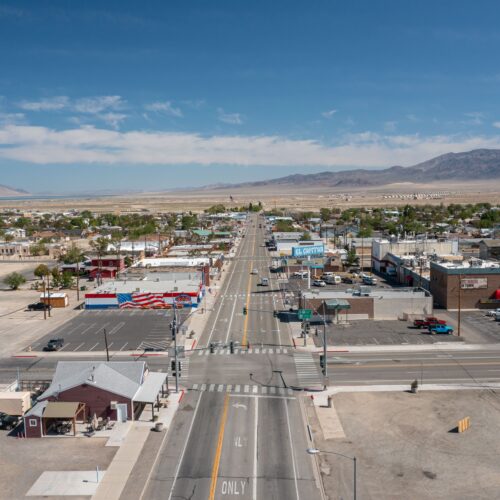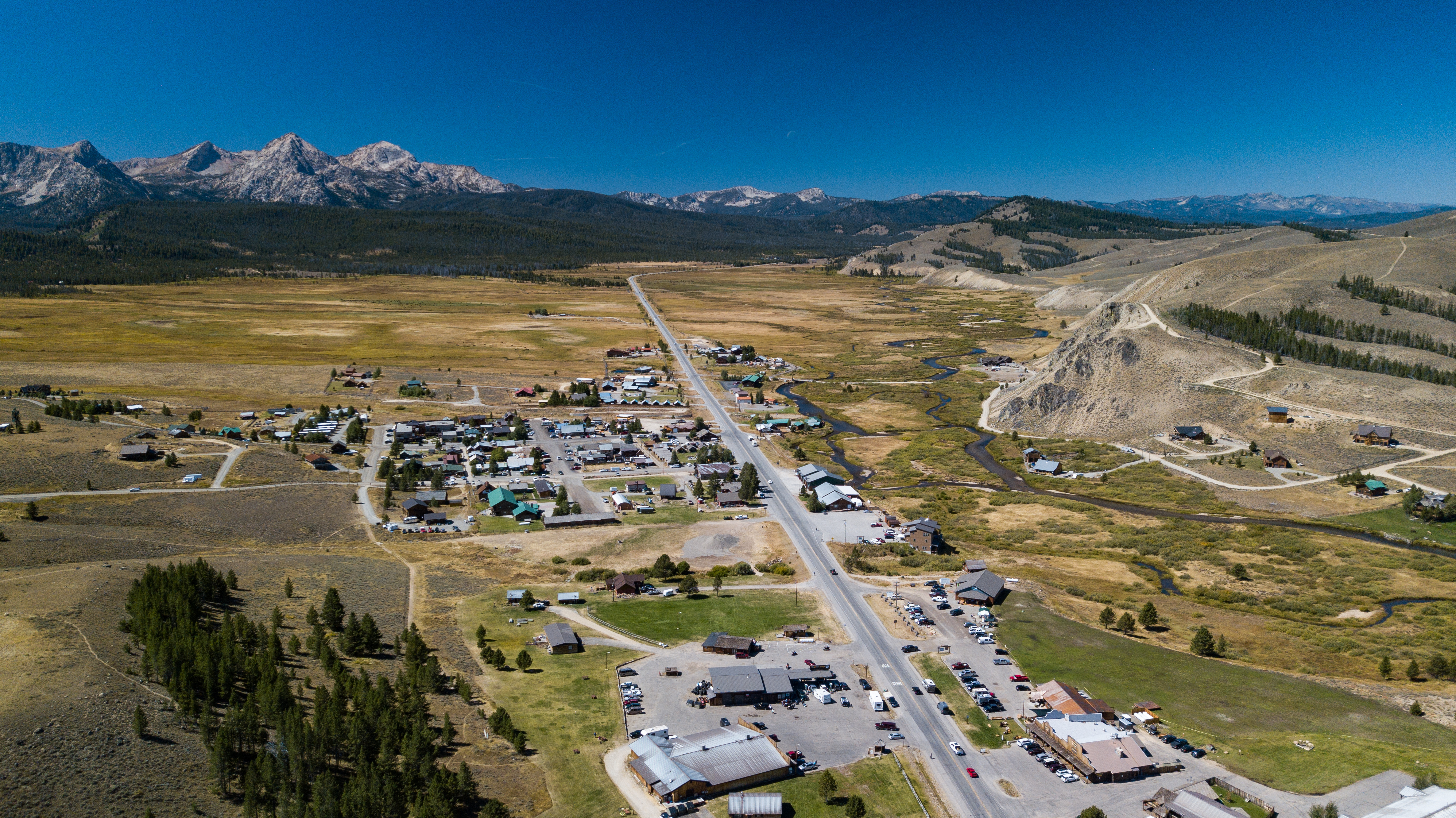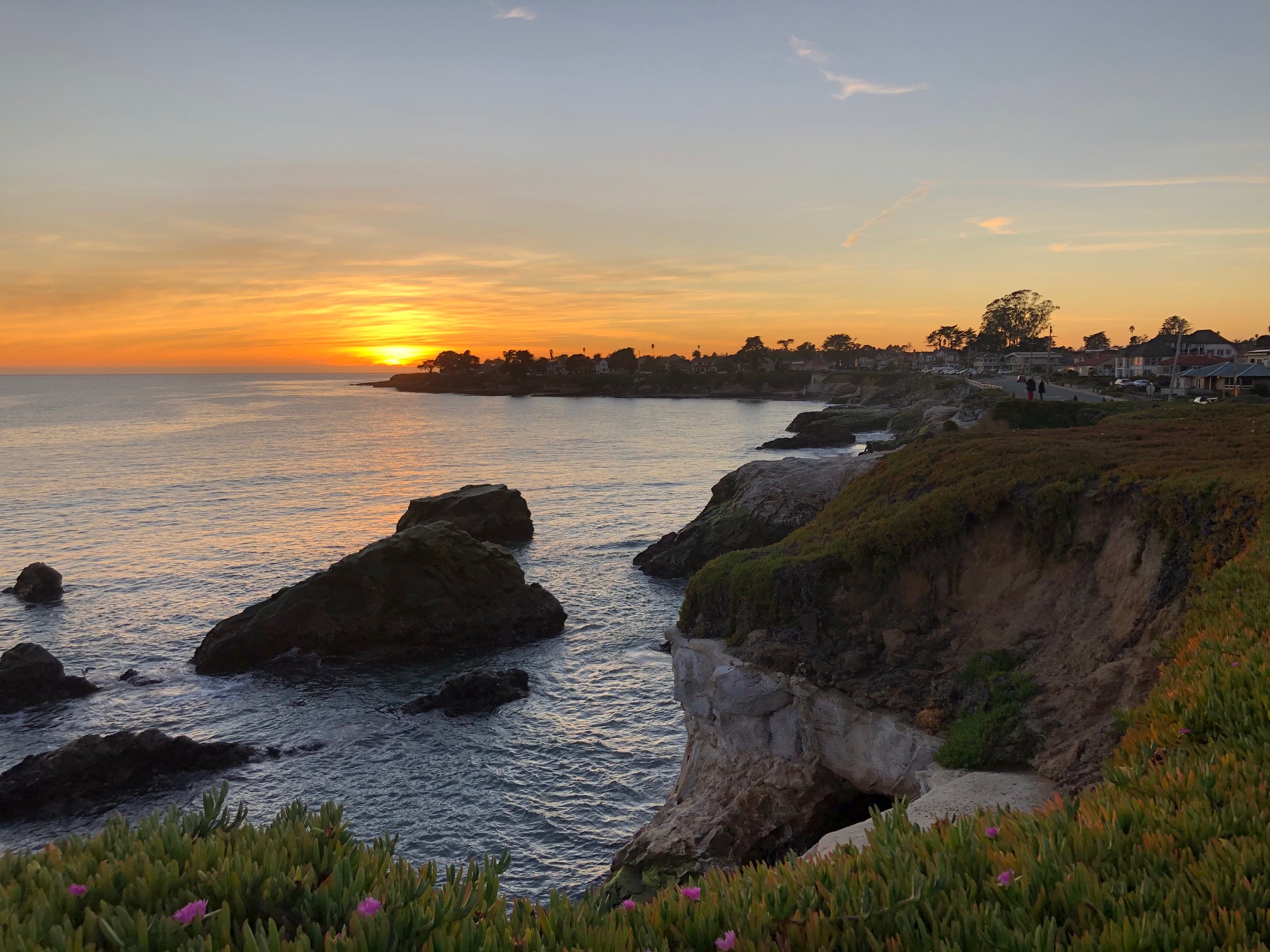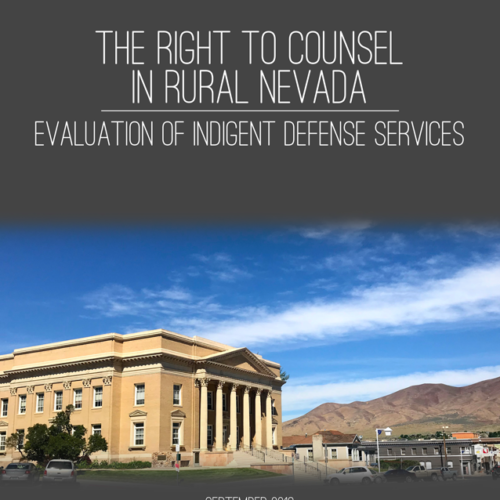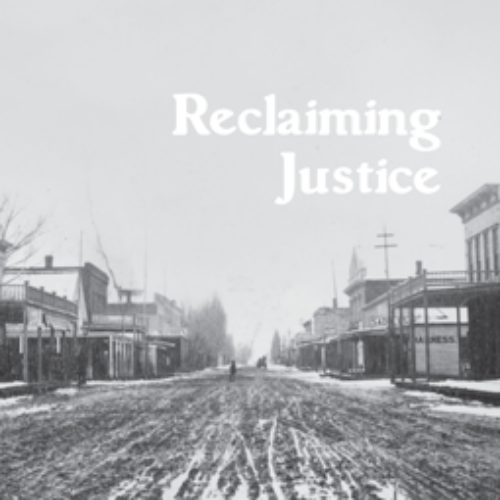Nevada
The state of Nevada delegates to its local county governments the responsibility for administering indigent defense services in adult criminal trials, except that a county can choose to transfer the responsibility for providing services to the state. Local governments fund services, with state reimbursements through a standards-based program. A state commission oversees indigent defense statewide.
The state of Nevada delegates to its local governments the responsibility for administering indigent defense services in adult criminal cases in its appellate courts, except that a locality can choose to contract with the state. Local county governments fund services, with state reimbursements through a standards-based program. A state commission oversees indigent defense statewide.
-
4 Counties Shared State and Locally Funded
-
8 Counties Primarily Locally Funded
-
5 Counties Locally Funded
-
1 County State Administered
-
3 Counties Primarily Locally Administered
-
13 Counties Locally Administered
-
17 Counties with a Commission With Statewide Authority
-
5 Counties State Funded
-
4 Counties Shared State and Locally Funded
-
5 Counties Primarily Locally Funded
-
3 Counties Locally Funded
-
5 Counties State Administered
-
12 Counties Locally Administered
-
17 Counties with a Commission With Statewide Authority
The state of Nevada delegates to its counties the responsibility for administering indigent defense services. State law requires Nevada’s two largest counties (Clark and Washoe) to establish public defender offices. Other counties can choose to create public defender offices, contract with private attorneys paid on an hourly basis, or contract with the state-administered Nevada State Public Defender. The board of county commissioners must appoint county public defenders. For the state-administered system, the Nevada State Public Defender administers services through public defenders or private attorney contracts. The Nevada State Public Defender is also authorized to provide appellate representation.
The Department of Indigent Defense Services (DIDS) is a state agency overseeing the Nevada State Public Defender and local systems. The governor appoints an executive director to lead DIDS, from recommendations by the Nevada Board of Indigent Defense Services (BIDS). BIDS is a state commission, which oversees DIDS. Diverse authorities appoint the board’s 13 voting and three non-voting members. BIDS is responsible for setting and enforcing statewide standards. State law requires counties to pay a minimum amount for indigent defense based on historical spending. The state reimburses any expenses beyond this amount if counties comply with standards.
The state of Nevada delegates to its counties the responsibility for administering appellate services. State law requires Nevada’s two largest counties (Clark and Washoe) to establish public defender offices. Other counties can choose to create public defender offices, contract with private attorneys paid on an hourly basis, or contract with the state-administered Nevada State Public Defender (NSPD), which provides services through public defenders. If a county opts into NSPD for appeals, it is at no cost to the county. If a county provides its own appellate services, the county funds services up to a maximum amount, and the state reimburses any expenses beyond this amount if the county complies with standards.
The Department of Indigent Defense Services (DIDS) is a state agency overseeing the Nevada State Public Defender and local services. The governor appoints an executive director to lead DIDS, from recommendations by the Nevada Board of Indigent Defense Services (BIDS). BIDS is a state commission, which oversees DIDS. Diverse authorities appoint the board’s 13 voting and three non-voting members. BIDS is responsible for setting and enforcing statewide standards.
Dig Deeper
Who serves on the commission?
What rules must counties follow when establishing a public defender office?
How is counsel appointed in a conflict case?
How does the state keep track of the county indigent defense systems?
How does the state ensure county compliance?
Does the state fund and/or administer representation in death penalty cases?
In which branch of state government does the indigent defense system reside?
Support Our Work
Criminal justice issues that disproportionately harm poor people, such as wrongful convictions and over-incarceration, cannot be fixed if indigent defendants are given attorneys who do not have the time, resources, or qualifications, to be a constitutional check on government. Yet, investment in improving indigent defense services remains largely neglected. The Sixth Amendment Center is the only nonprofit organization in the country that exclusively examines, uncovers, and helps fix the root of the indigent defense crisis in which inequality is perpetuated because poor defendants do not get a fair fight.
The Sixth Amendment Center is a tax-exempt 501(c)(3) nonprofit organization under EIN: 45-3477185.
Donations are tax-deductible to the fullest extent allowable under the law.
